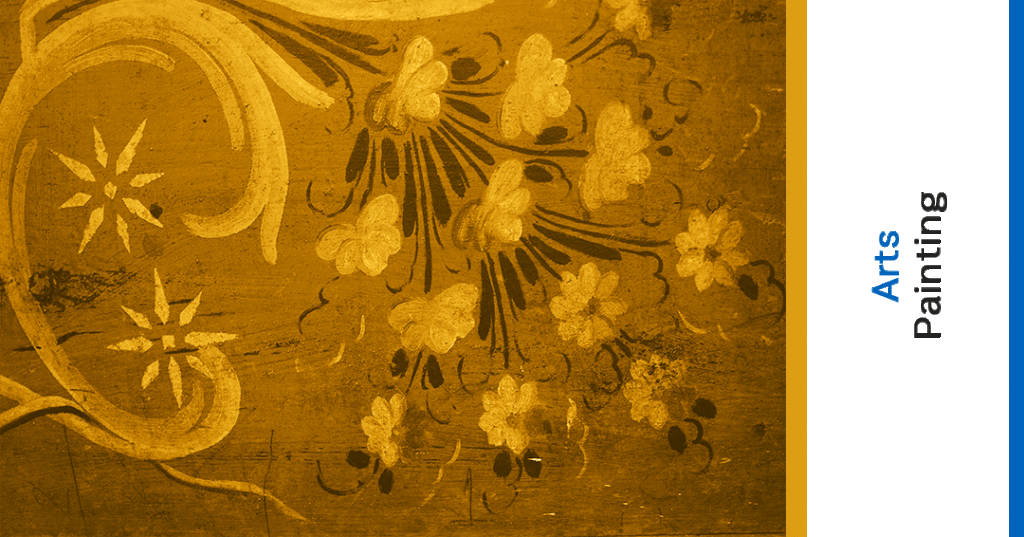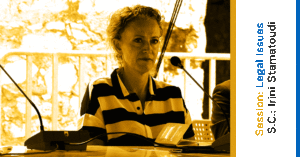Umbrella thematic area:
Traditional and Local Knowledge
• Arts
• Crafts
• Culinary Traditions
• Imagery
• Orality
as cultural constructs
Vassilis Ganiatsas,
Professor of Theory, Philosophy and Practice of Architectural/Urban/Landscape Design, National Technical University of Athens.
Intangible heritage came to be acknowledged by the ‘UNESCO convention for the Safeguarding of the Intangible Cultural Heritage’ in 2003, as equal and complementary to what had been limited to material forms of cultural heritage. Intangible dimensions of tangible heritage and tangible dimensions of intangible heritage have been since discussed and incorporated to heritage management theories and practices. Along with the ever growing inclusiveness of stakeholders, cultural heritage is still expanding to include all forms of culturally significant aspects of world heritage.
Yet, complementarity and cultural inclusiveness aside, cultural heritage in its tangible or intangible versions, is still considered in an incremental and fragmented sense to be mitigated only by ever growing inclusiveness. No matter how comprehensively the heritage list grows, it seems still to lack understanding of its embedded and holistic nature which renders it socially valuable and culturally continuous. This is mainly due to the fragmented way of dealing with heritage in our being still bound to the scientific, positivist and instrumental western paradigm of knowledge that divides cultural expressions in order to acknowledge, understand, evaluate and manage accordingly.
What this paradigm is missing is the modes that heritage works in an embedded, in- teractive and interconnected mode as a consequence of which every cultural act becomes sensible in more than one ways in the context of other cultural acts that partake of same ongoing cultural continuum. Out of this problematic, what seems important and urgent to address in the 5th and 6th forthcoming conferences is heritage in its embedded tangible and intangible forms and vestiges under the generic title TRADITIONAL AND LOCAL KNOWLEDGE AS HERITAGE.



